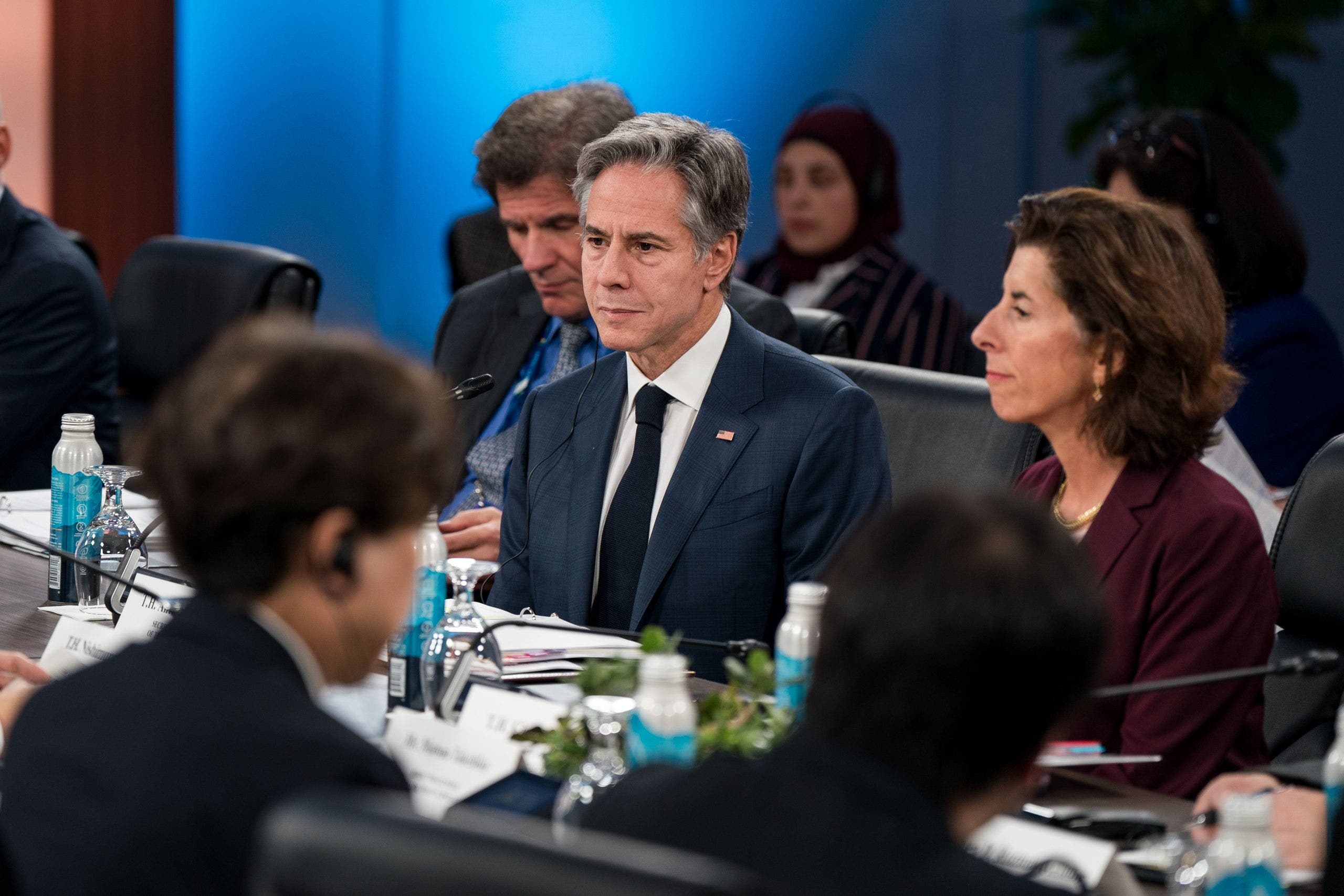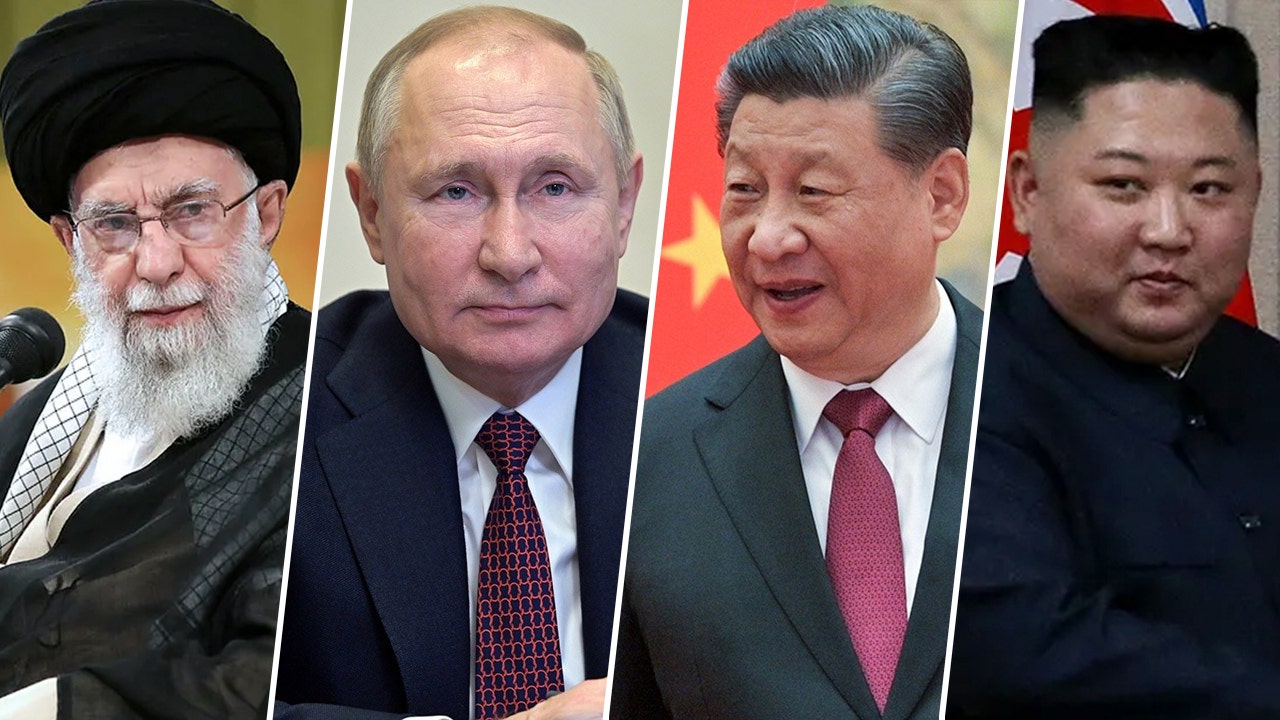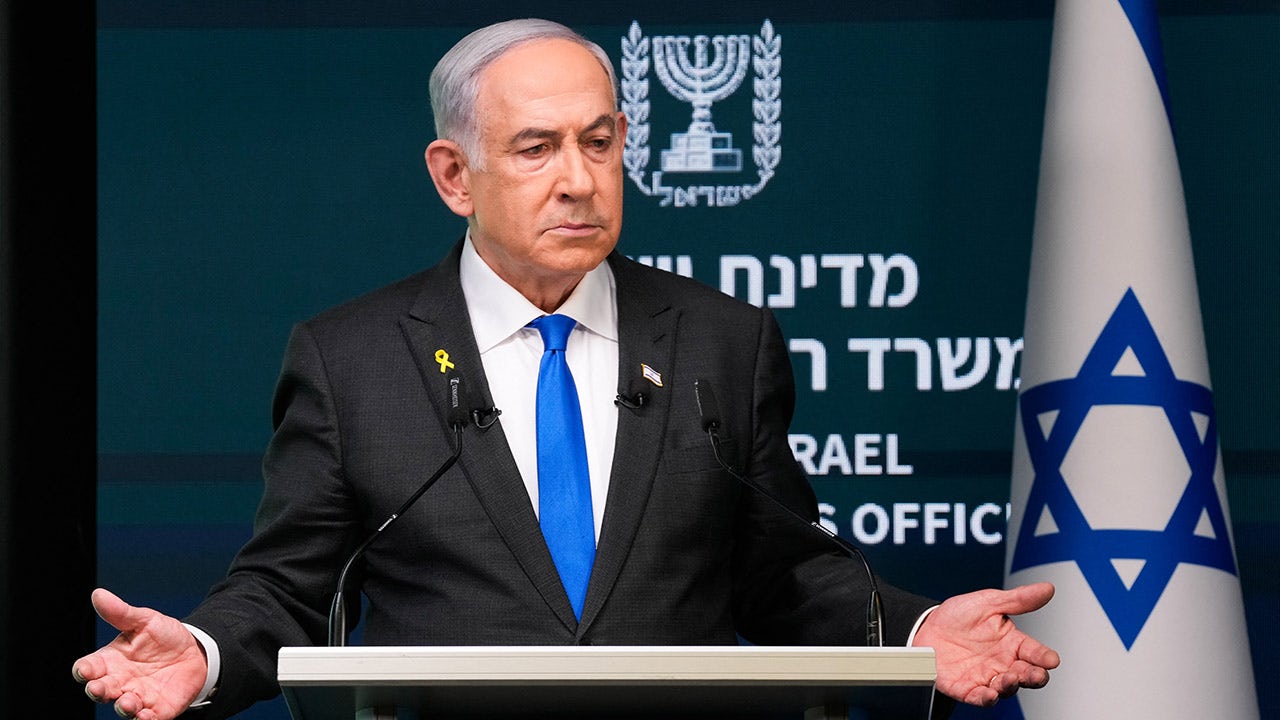Top envoys from the U.S. and China huddled in closed-door talks in Geneva on Tuesday to lay out their national approaches to the promise and perils of emerging artificial intelligence technology.
The talks, which Presidents Joe Biden and Xi Jinping agreed to launch in last 2023, are meant to open up bilateral dialogue between the world’s two biggest economies — and increasingly, geopolitical rivals — on a fast-moving technology that already has consequences for trade, lifestyles, culture, politics, national security and defense and much more.
U.S. technology experts say the meeting — led on the American side by high-level White House and State Department officials — could offer a glimpse into Beijing’s thinking about AI amid a generally tight-lipped Chinese approach to the technology.
STATE DEPARTMENT WANTS CHINA, RUSSIA TO DECLARE THAT AI WON’T CONTROL NUCLEAR WEAPONS, ONLY HUMANS
Co-founder Jason Glassberg of Casaba Security in Redmond, Washington, an expert on new and emerging threats posed by AI, handicapped the meeting as a get-to-know-you that will likely yield few concrete results, but get the two sides talking.
“What’s most important right now is that both sides realize they each have a lot to lose if AI becomes weaponized or abused,” Glassberg said in an e-mail. “All parties involved are equally at risk. Right now, one of the biggest areas of risk is with deepfakes, particularly for use in disinformation campaigns.”
“This is just as big of a risk for the PRC as it is for the U.S. government,” he added, referring to the People’s Republic of China.
President Joe Biden, left, greets China’s President Xi Jinping, right, in Woodside, California, on Nov. 15, 2023. High-level envoys from the United States and China held their first meeting in Geneva for talks about standards and guidelines surrounding artificial intelligence. (Doug Mills/The New York Times via AP, Pool, File)
It was not immediately clear why the meeting was taking place in Geneva, though the internationally-minded Swiss city bills itself as a hub of diplomacy and U.N. and international institutions.
The Geneva-based International Telecommunications Union — a U.N. agency currently headed by American Doreen Bodgan-Martin and previously run by China’s Houlin Zhao — is set to host its annual “AI for Good” conference in the city later this month.
The meeting is the first under an intergovernmental dialogue on AI agreed upon during a multi-faceted meeting between Xi and Biden in San Francisco six months ago.
The U.S. government has sought to set some guardrails around the technology while fostering its growth, seeking a possible boon for economic output and jobs.
Western experts have suggested that China’s government, meanwhile, has in part kept a lid on AI applications because of its real or potential applications for military and surveillance activities under the ruling Communist Party.
U.S. officials suggested they would lay out ways to mitigate possible risks from the technology by creating voluntary commitments with the sector’s leading companies and requiring safety tests of AI products.




